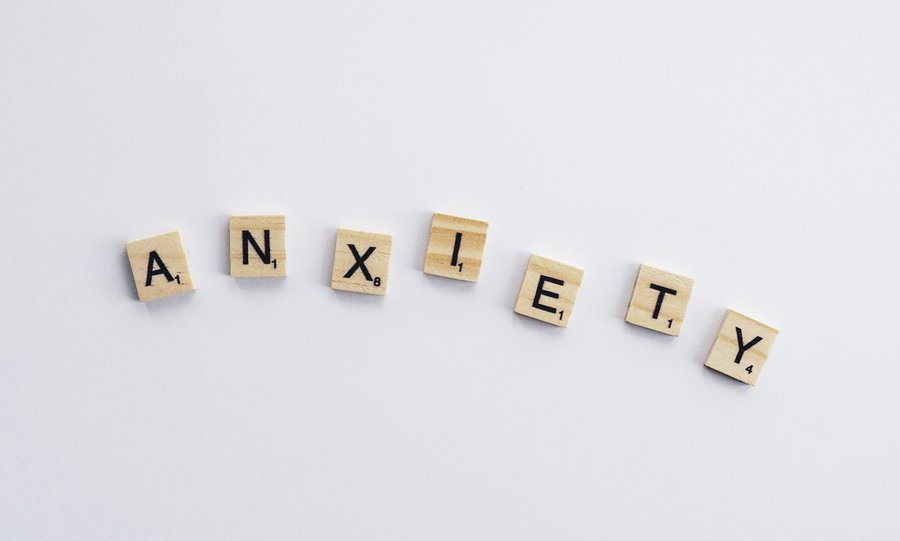We’re taught from an early age that eating healthy helps us look and feel our best. What we don’t usually hear is that excellent eating has a huge impact on our mental health. A well-balanced, nutritious diet can help us think more clearly and feel more awake. It can also help with focus and attention span.
An insufficient diet, on the other hand, can cause weariness, slowed response time, and poor decision-making. In fact, a bad diet may exacerbate stress and melancholy, and may even cause it.
Image credits: Pexels
Consuming nutritious foods encourages the growth of “good” bacteria, which has a favourable impact on neurotransmitter synthesis. On the other hand, a continuous diet of junk food might induce inflammation, which can stifle output. Your brain gets these positive messages loud and clear when neurotransmitter production is in good shape, and your emotions reflect it. However, if manufacturing goes wrong, your mood may suffer as well.
Also check out: 8 signs on your skin due to severe anxiety.
Sugar, in particular, is thought to be a primary cause of inflammation, as well as a source of “bad” bacteria in the gastrointestinal system. It can, ironically, create a brief increase in “feel good” neurotransmitters such as dopamine.
Our brain is affected by what we eat. Some meals can improve our mood. A Mediterranean-style diet that includes plenty of vegetables, seafood, fresh herbs, garlic, olive oil, cereals, and grains, as well as fish oil, can help to alleviate depressive symptoms. Our stomach can also reflect how we’re feeling, according to research: if we’re anxious, it might speed up or slow down. Fruit, vegetables, legumes, and probiotics are all good for our intestinal health.
Foods that have a detrimental impact on the brain, on the other hand, fall into two categories:
- foods that induce the release of chemicals in the brain that we may be deficient in, thereby affecting our mood (for example, caffeine and chocolate)
- meals that inhibit other foods from being converted into the nutrients the brain requires (for example, saturated fat such as butter, lard and palm oil).
Caffeine might also make it difficult to sleep, which can affect your mood.
According to Felice Jacka, president of the International Society for Nutritional Psychiatry Research, “a considerable body of research currently exists that demonstrates food is as crucial to mental health as it is to physical health.” “A nutritious diet protects against sadness and anxiety, whereas an improper diet puts you in danger.”
According to her, there is considerable interest in the function of food allergies in schizophrenia and bipolar illness.
Also check out: 10 ways to handle Hyperactive children at home
More information on how excellent eating affects brain health can be found here:
1. It is necessary for the development of the brain.
Roxanne Sukol, MD, a preventative medicine expert at Cleveland Clinic’s Wellness Institute, says, “We are, very literally, what we eat.” “When we consume actual food that nourishes us, it transforms into protein-building blocks, enzymes, brain tissue, and neurotransmitters that carry information and signals between different areas of the brain and body.”
2. It activates the brain’s growth mode.
Changes in a brain protein that helps build connections between brain cells are connected to certain foods and dietary habits. This chemical is increased by eating a diet high in omega-3 fatty acids and zinc.
“A diet heavy in saturated fats and processed carbohydrates, on the other hand, has a very significant deleterious influence on brain proteins,” Jacka claims.
3. It replenishes the intestines with beneficial microorganisms.
And this is beneficial to the brain. The gut contains trillions of beneficial microorganisms. They assist to keep your immune system in balance and ward off harmful bacteria, which means they aid to reduce inflammation in the body. Some gut bacteria even aid in the production of brain-boosting B vitamins.
Probiotic-rich foods aid in the maintenance of a healthy gut environment, or “biome.” “A better microbiome will reduce inflammation, which has an impact on mood and cognition,” Ramsey explains.
Certain meals may contribute to the development of mental problems or exacerbate symptoms. A brain-healthy diet follows the same reasoning as a heart-healthy diet or a weight-loss programme. Limit sugary and high-fat processed foods in favour of plant-based foods such as fresh fruits, vegetables, and whole grains. You may also replace butter with healthier fats like olive oil.
The trick is to pick foods that are high in nutrients yet low in calories. The following nutrients may be especially beneficial in treating or preventing mental illness:
- B vitamins are a group of vitamins that help the body to Low B12 levels are associated with increased brain inflammation, as well as greater incidences of depression and dementia. Low folate levels have long been associated to depressed emotions.
- Iron- Iron deficiency anemia (lack of iron in the blood) has been connected to depression.
- Omega-3s- These beneficial fatty acids aid in memory and cognition, as well as perhaps improving mood.
You’re probably aware that what you consume has an impact on your body. The link between your dietary choices and your general health has been proven in several research projects. A balanced diet will help you maintain healthy body weight and heart. It also lowers your chances of contracting some chronic conditions. According to new research, the foods you eat might have an impact on your mood and mental health. The “food-mood link” is a term used to describe this phenomenon.
Start paying attention to how eating different foods makes you feel — not just at the moment, but the next day. Try eating a “clean” diet for two to three weeks — that means cutting out all processed foods and sugar. See how you feel. Then slowly introduce foods back into your diet, one by one, and see how you feel.
Also check out: Signs that your loved one is depressed




